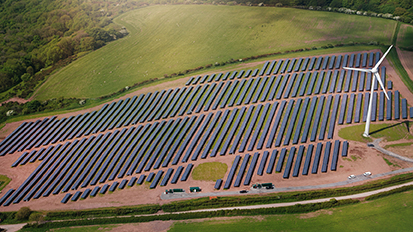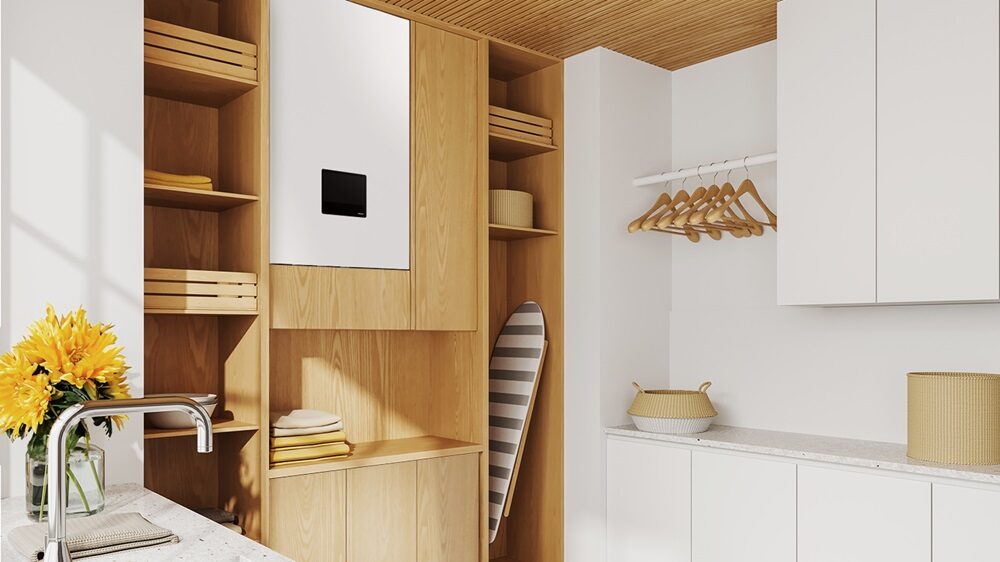The Dutch Minister of Economic Affairs and Climate, Eric Wiebes has said that projects for solar PV parks on agricultural land must be considered only as a last option.
The reason for the statement was a Parliamentary interrogation made by Christian Democratic deputy, Carla Dik-Faber, in which she raised concerns about the rise of land prices, due to the current strong development of large-scale solar plants across the country. These will not only affect the agricultural industry, but also affect solar by making projects more expensive.
Wiebes said, however, that the government will not take any restrictive measures, although it will urge regional governments and municipalities to green-light such projects on agricultural land, only as a last resource. The use of rooftops, as well as unused or unproductive land and multiple-use areas, will also be more promoted.
The Dutch government has said it is planning to deploy several solar parks on its on premises. It is currently considering the construction of six or seven pilot solar projects with a power range of 80 MW to 100 MW each.
Fears over solar on agricultural land are not only being fostered by the current levels of deployment under the country's SDE+ program, under which around 4 GW of large-scale solar capacity were allocated, but also by the forecasts of the Dutch government released in a study, which envisage installed PV power growing from around 2.9 GW currently, to 20 GW by 2035.
The same study also sees around 6 GW of cumulative PV capacity in the Netherlands by 2020. This would be achieved, ECN experts said, if at least two thirds of the allocated solar capacity under the SDE+ program is actually built.
This content is protected by copyright and may not be reused. If you want to cooperate with us and would like to reuse some of our content, please contact: editors@pv-magazine.com.




1 comment
By submitting this form you agree to pv magazine using your data for the purposes of publishing your comment.
Your personal data will only be disclosed or otherwise transmitted to third parties for the purposes of spam filtering or if this is necessary for technical maintenance of the website. Any other transfer to third parties will not take place unless this is justified on the basis of applicable data protection regulations or if pv magazine is legally obliged to do so.
You may revoke this consent at any time with effect for the future, in which case your personal data will be deleted immediately. Otherwise, your data will be deleted if pv magazine has processed your request or the purpose of data storage is fulfilled.
Further information on data privacy can be found in our Data Protection Policy.